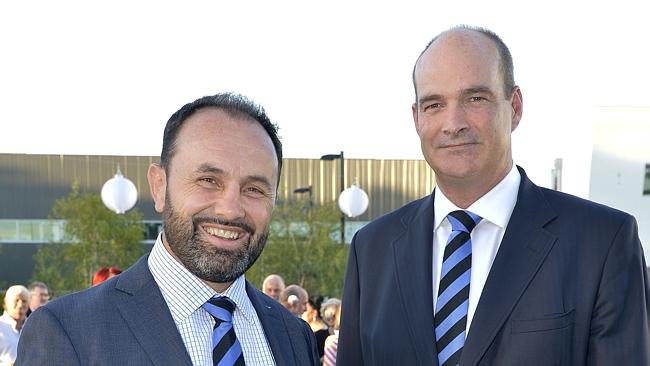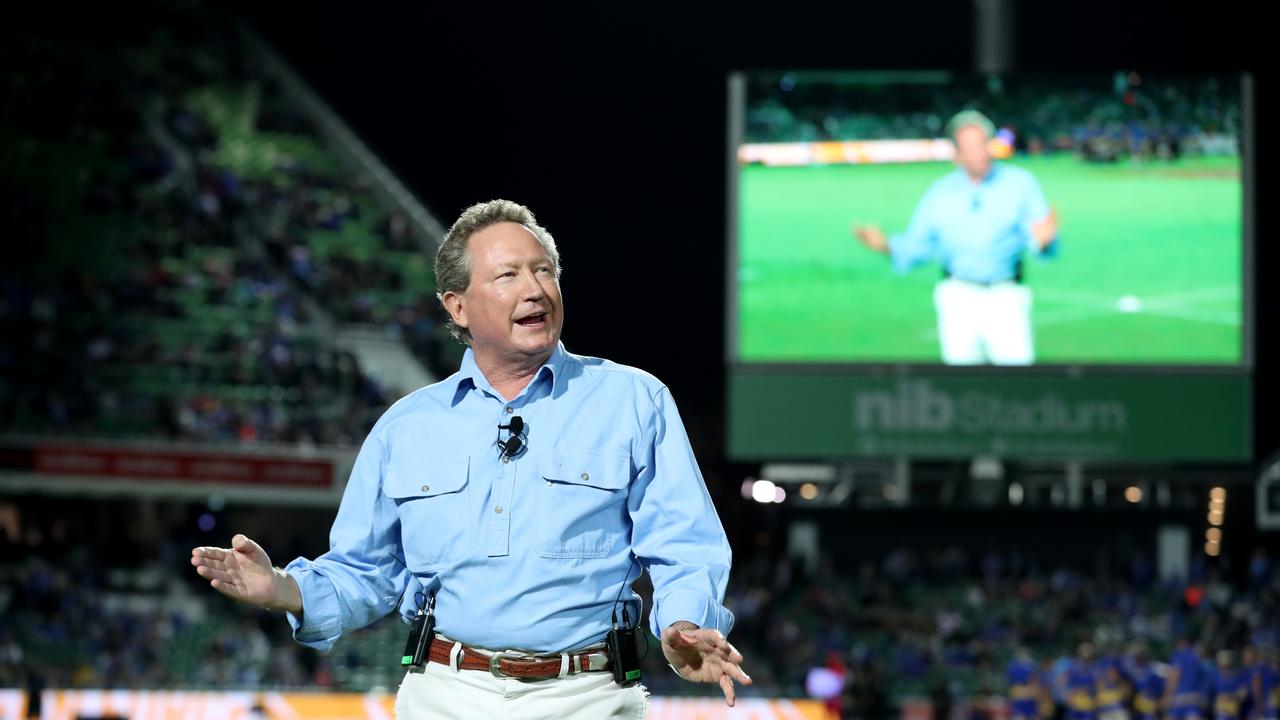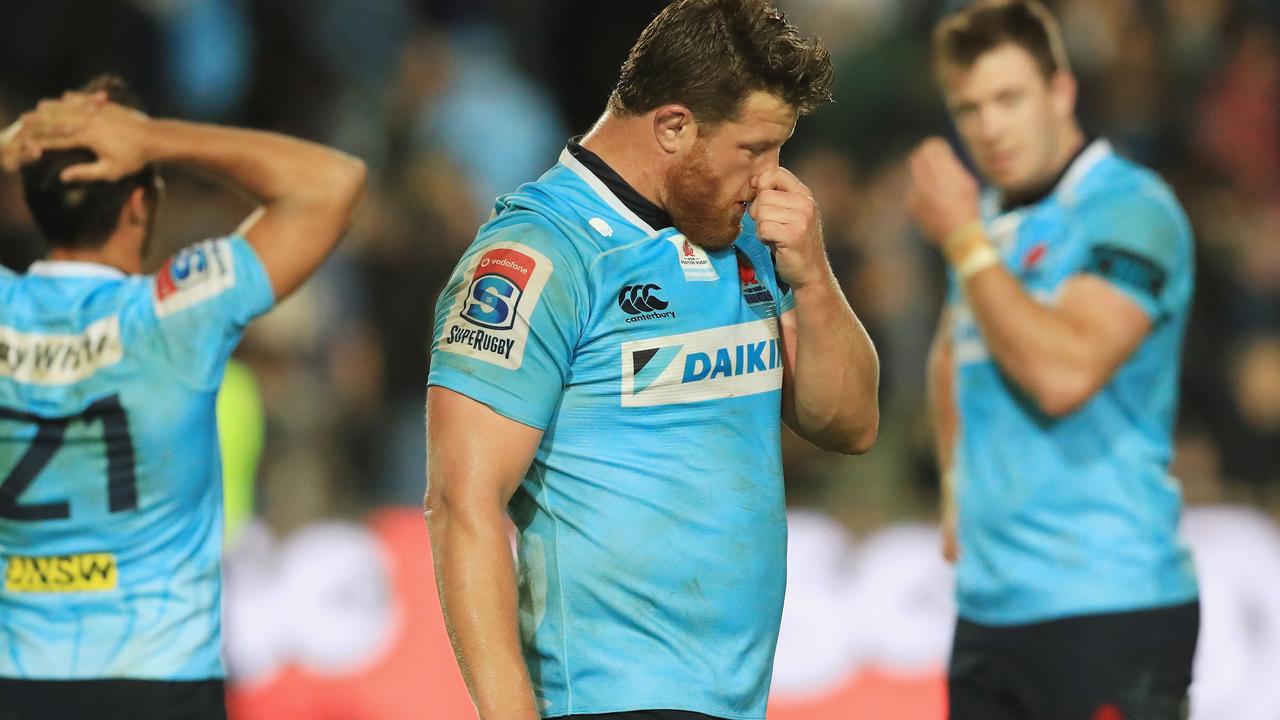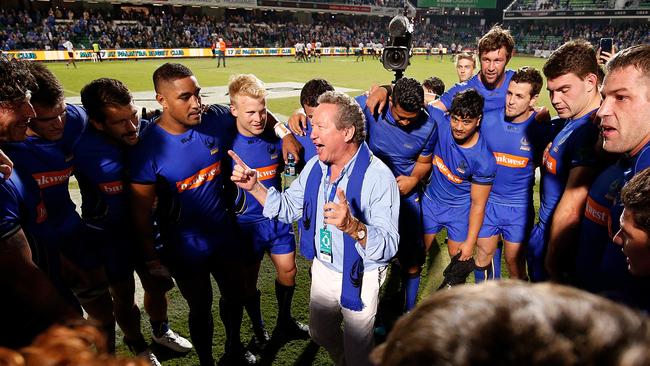Eight wins the target for Western Force in 2014
THE Western Force has set a target of eight wins in this year’s Super Rugby XV competition.

THE Western Force has set a target of eight wins in this year’s Super Rugby XV competition as the Perth club lays down its marker towards launching a high-altitude assault on the playoff peaks.
The 44 per cent winning return that the targeted eight wins would yield is less than the six wins (46 per cent) that the Force achieved in its second year of Super Rugby in 2007 and the seven wins (54 per cent) in the club’s best-ever season the following year.
New Force chief executive Mark Sinderberry is a man accustomed to success, notably at start-up Super 12 franchise the Brumbies.
The team has responded to the club’s vision for a rugby revival by setting the bar high ahead of its 2014 Super Rugby kick-off this afternoon against the Waratahs in Sydney.
The Force and its five-year junior derby rival, the Melbourne Rebels, remain the only Super Rugby sides yet to make the playoffs, but performance targets are being set on and off the field.
For the club to soar, respected coach Michael Foley may have to exorcise some of the demons from his previous job at the Waratahs.
But first, Foley may need to realise that Perth is softer rugby terrain than the minefield of Sydney and invest in trusting his players and assistant coaches and becoming more dynamic with the frequently cold-shouldered media.
Articulate and astute, Foley’s coaching credentials are not in question. But control issues have surfaced and Foley may need to loosen the reins and offload some baggage to lighten the load.
Some seasoned rugby heads believe that for Foley’s focus to effectively resurrect the Force, he needs to shed the illusion of shadows lying in ambush following a traumatic climax to his coaching career in Sydney, where he was axed with two-years left on his contract.
Sinderberry has set in motion a vision for the Force subscribing to a blueprint focused on creating a tight, family-type club culture that embraces the wider community of Perth and WA.
Sinderberry has acknowledged that in recent seasons the Force had lost touch with some of its support base — a criticism aired by some loyal start-up supporters — but stressed that the club intends reconnecting.
The Force gave glimpses of its potential under Foley by beating the Crusaders and the Brumbies last season, but again laboured in unstable turbulence primarily caused by the exiting of star players, notably Wallaby captain David Pocock, and a high turnaround in coaches in recent years.
The Force’s four wins in 18 matches last season was one better than 2012, but also one shy of its best Super XV return of five victories in 2011.
Inconsistency remains the weakness of a Force team that has beaten every rival in the competition and proven it can, on its day, rise up for battle with the best in the business.
Nevertheless, the Force still struggles to string together two wins in succession and while the club strives to stabilise its ballast, wholesale exorcism of some fears and insecurities is required.



